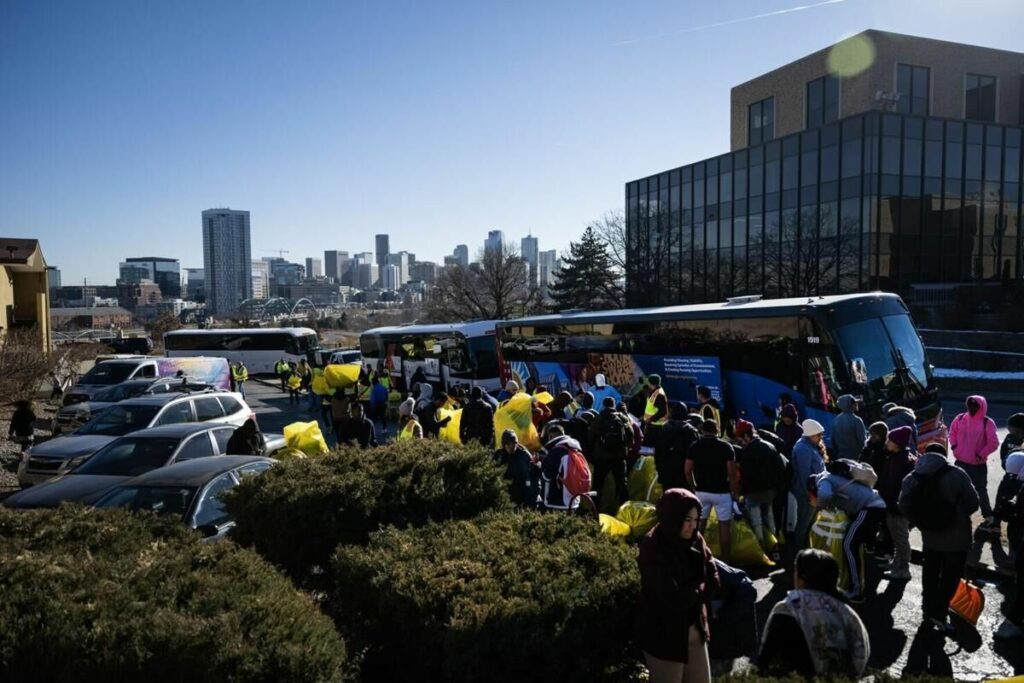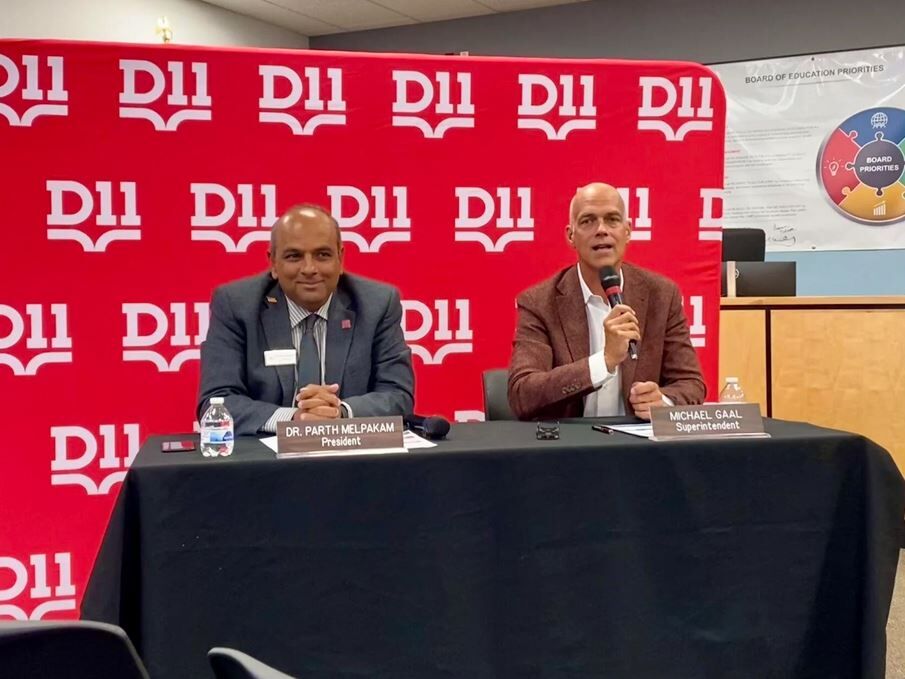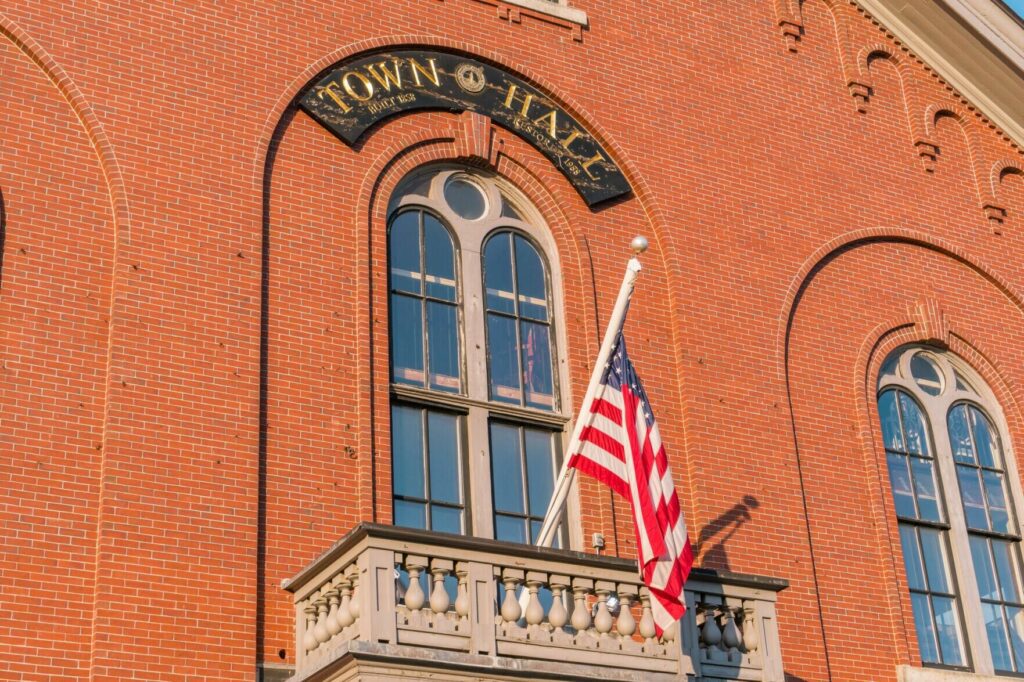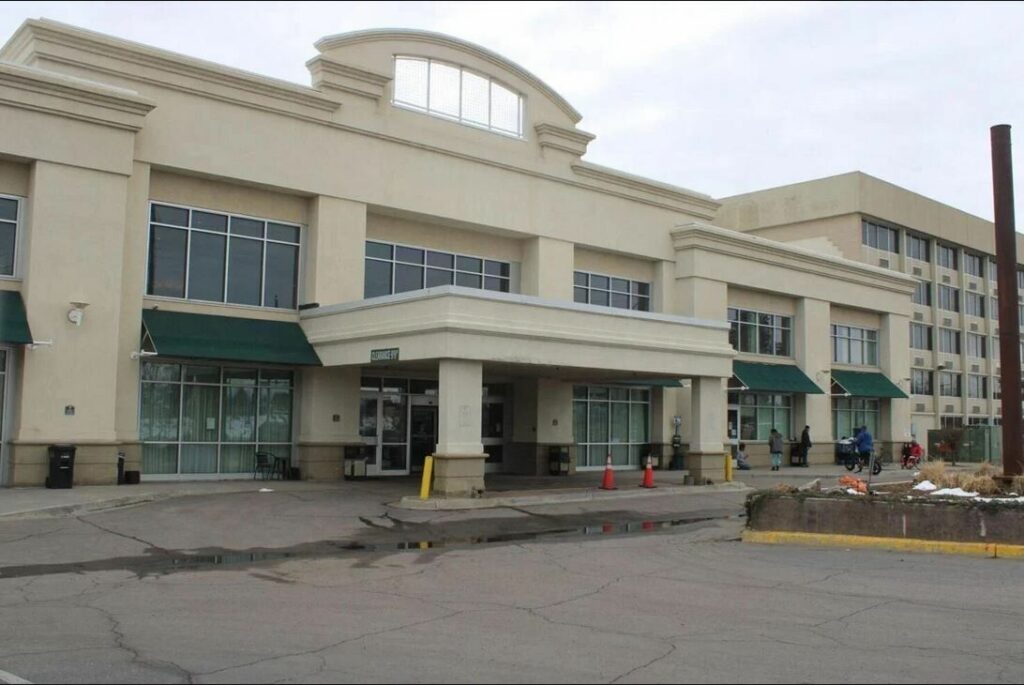No raise for Colorado’s part-time Legislature | Denver Gazette
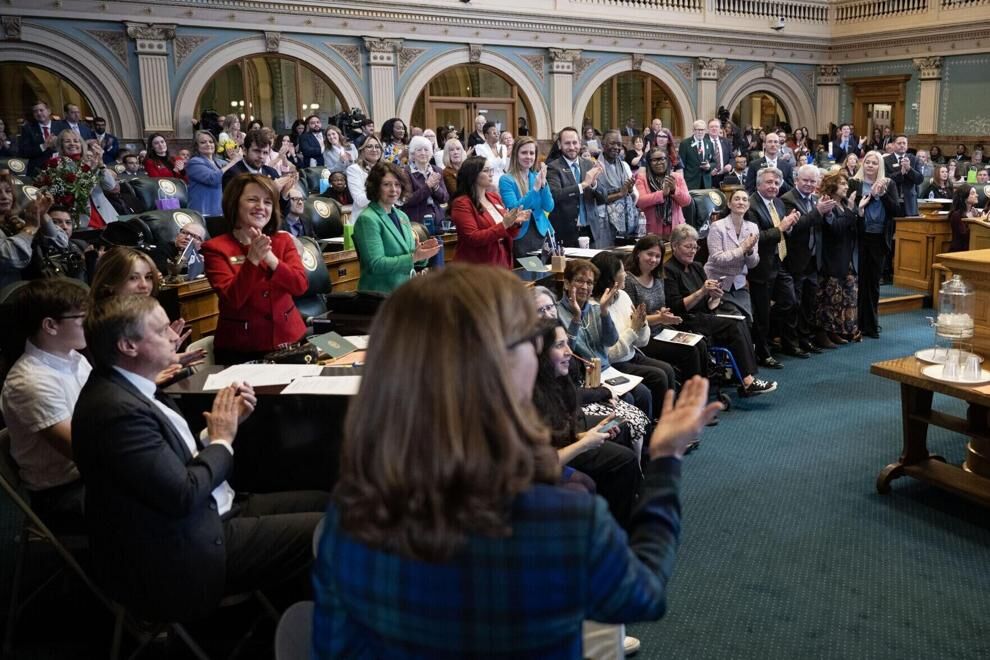
If only we could pour enough buckets of cold water on a recurring bad idea at the State Capitol – a legislative pay hike – to make it go away for good. Alas, it was vetted once again in a legislative committee just the other day.
This time, it didn’t pop up in pending legislation but as a recommendation in a hearing last week before the Joint Budget Committee.
A legislative staffer who said she was testifying on her own and not as director of the Black Democratic Legislative Caucus told the lawmakers, “You make below the poverty line.”
The staff member, Anette Bowser, lamented how the $41,449 annual salary breaks down to a mere $21.58 per hour. That’s about half Colorado’s roughly $80,000 median household income, as noted in a news report on the hearing by our affiliate Colorado Politics.
Even if Bowser made her pitch without the instigation of the elected members she serves, the notion of a pay raise is never far from the hearts of many state lawmakers. Some long to “professionalize” the body and presumably elect a higher caliber of public servant; as Bowser put it, “the salary of our state Legislature dictates the caliber of the state legislators.”
Others wish to open the doors of the House and Senate to members of more modest means. The premise is that only the gentry can afford to serve without a more substantial salary – a dubious claim given the diverse socioeconomics of the legislative lineup.
Just days before the 2023 session began, a newly elected state House member tweeted her dismay over pay.
“I don’t understand how/why legislators work for free. I am so damn stressed,” Denver Democratic state Rep. Elisabeth Epps wrote, grousing about the pre-session prep she had to do on bill drafts.
“One of my fave electeds said he didn’t run again bc he couldn’t afford it. I thought he was exaggerating. I haven’t even been sworn in and I see he was telling this truth.”
While a proposal for a pay hike isn’t pending, it always seem to be just around the corner. And it obviously continues to make the news. So, let’s try to douse it once more.
Colorado’s legislative compensation ranks 17th among the states by one tally, so it’s in the upper half. Not too shabby. Meanwhile, research doesn’t necessarily support the assumption that the 100 members of our General Assembly would better reflect Colorado’s population if only service in the body paid more.
A 2017 study by researchers from Duke University and the University of North Carolina, for example, looked at all 50 states and found that legislatures with higher salaries have fewer working-class people in office. Go figure.
But there’s an even more basic principle at stake: Members of the Legislature really do only serve part time. Each year’s session is constitutionally limited to 120 days – a third of a year.
Sure, members attend to some legislative tasks the rest of the year, alongside their day jobs. Just as countless other Colorado breadwinners juggle their jobs with many competing commitments. Their PTA bake sales, church food drives, Little League games, Neighborhood Watch meetings, class plays, etc., are no less of a service to their fellow Coloradans. And Rep. Epps might want to consider that most of that service also is rendered “for free.”
It’s just as well Colorado’s Legislature doesn’t meet year-round. The public probably has little appetite for the extra lawmaking – and bellyaching – that would result.
Denver Gazette Editorial Board




